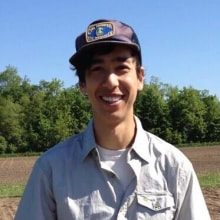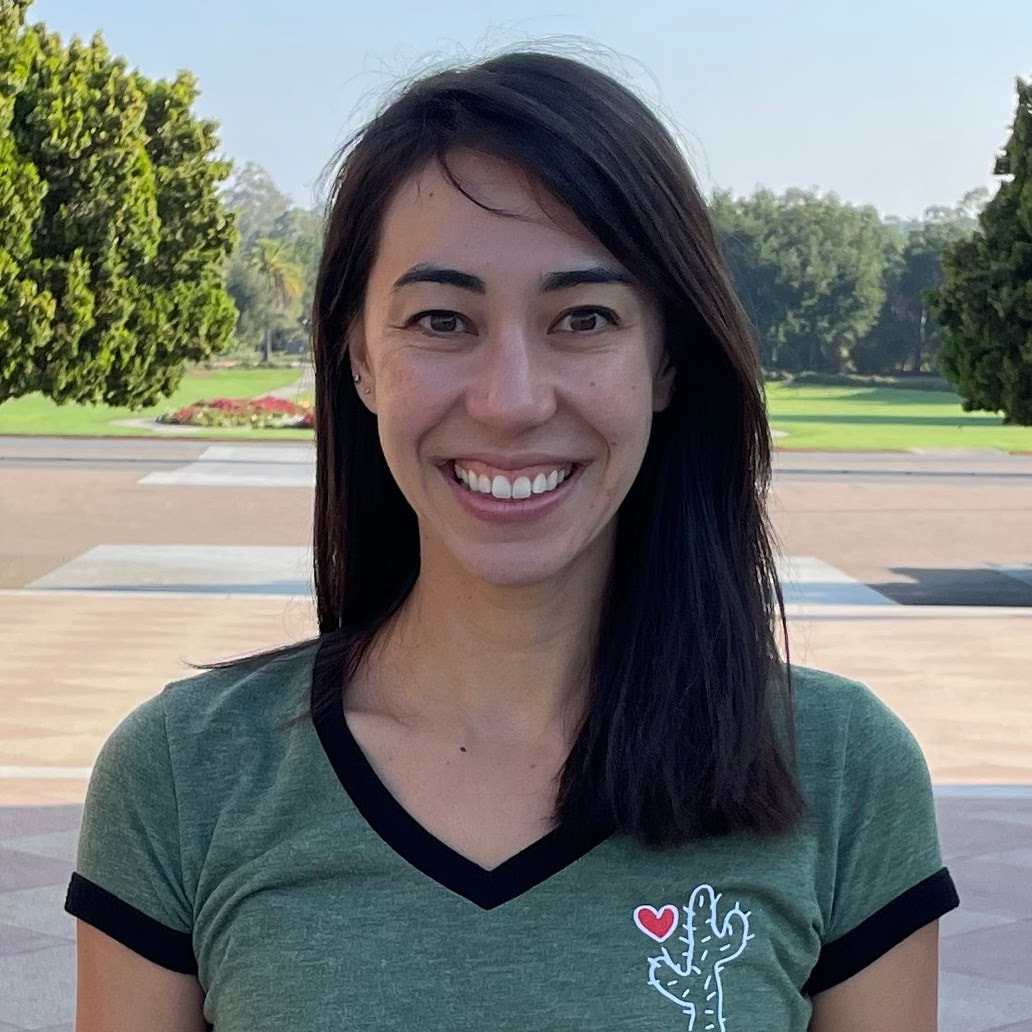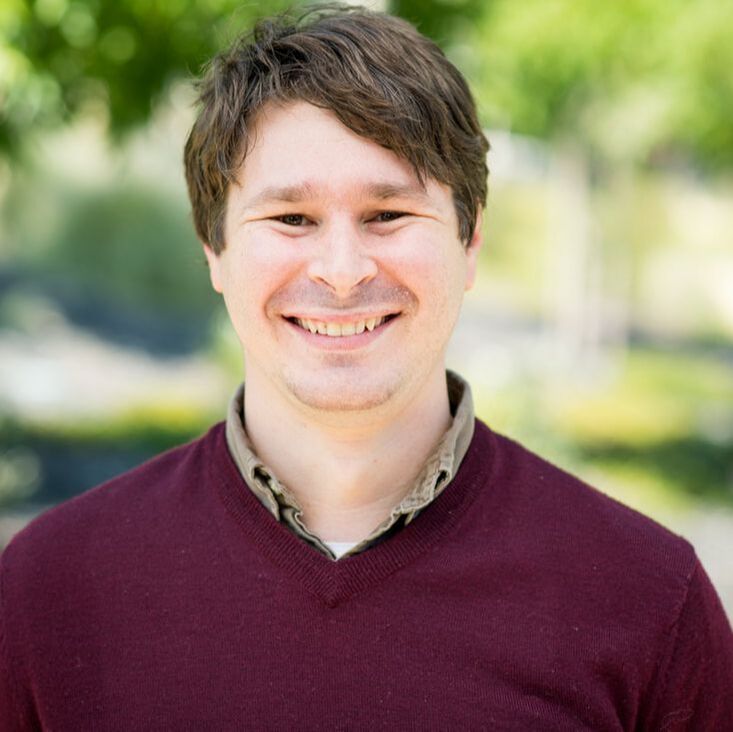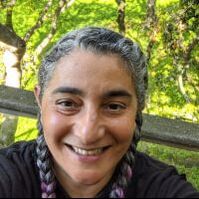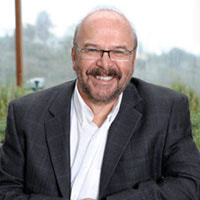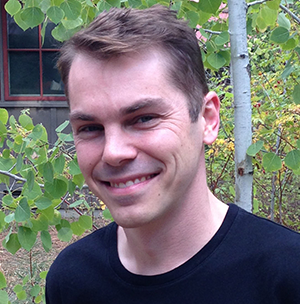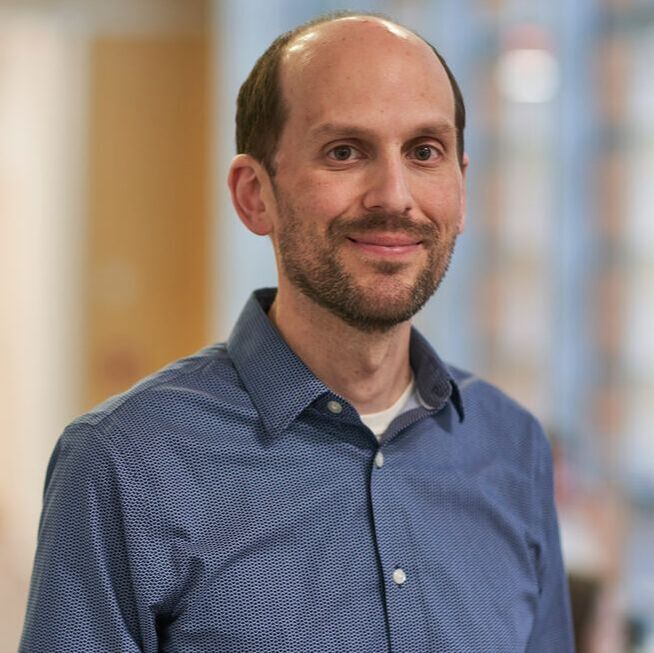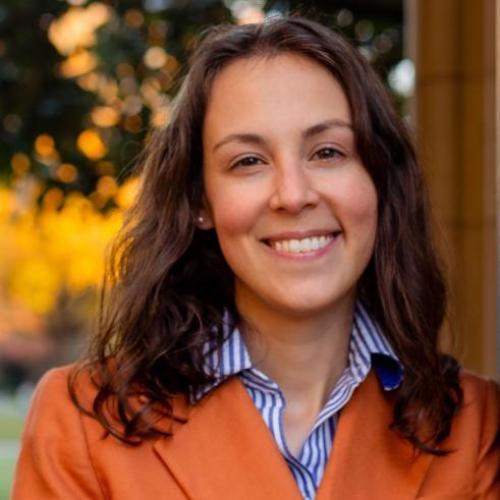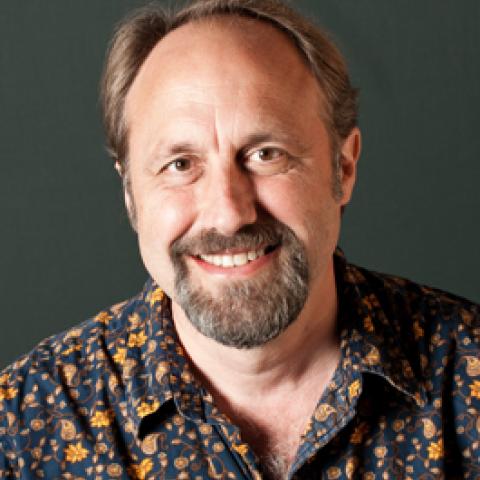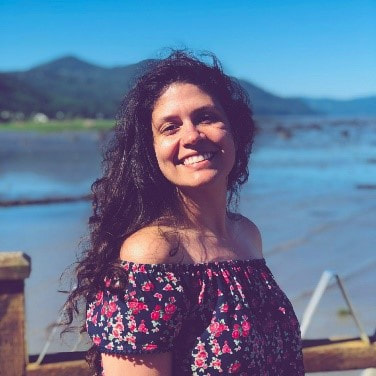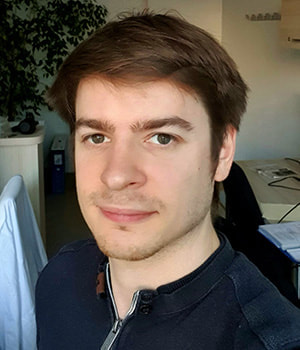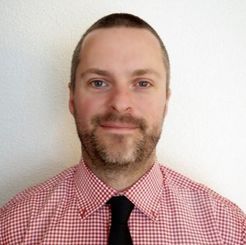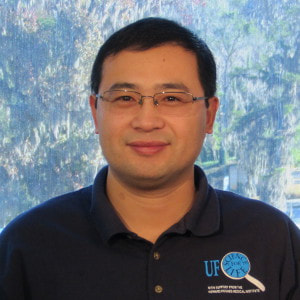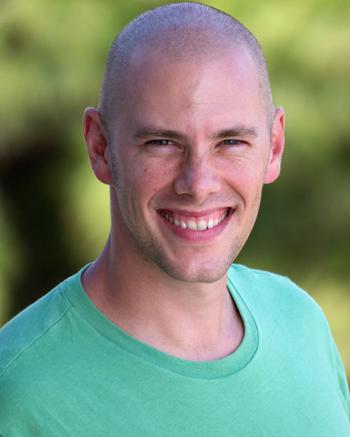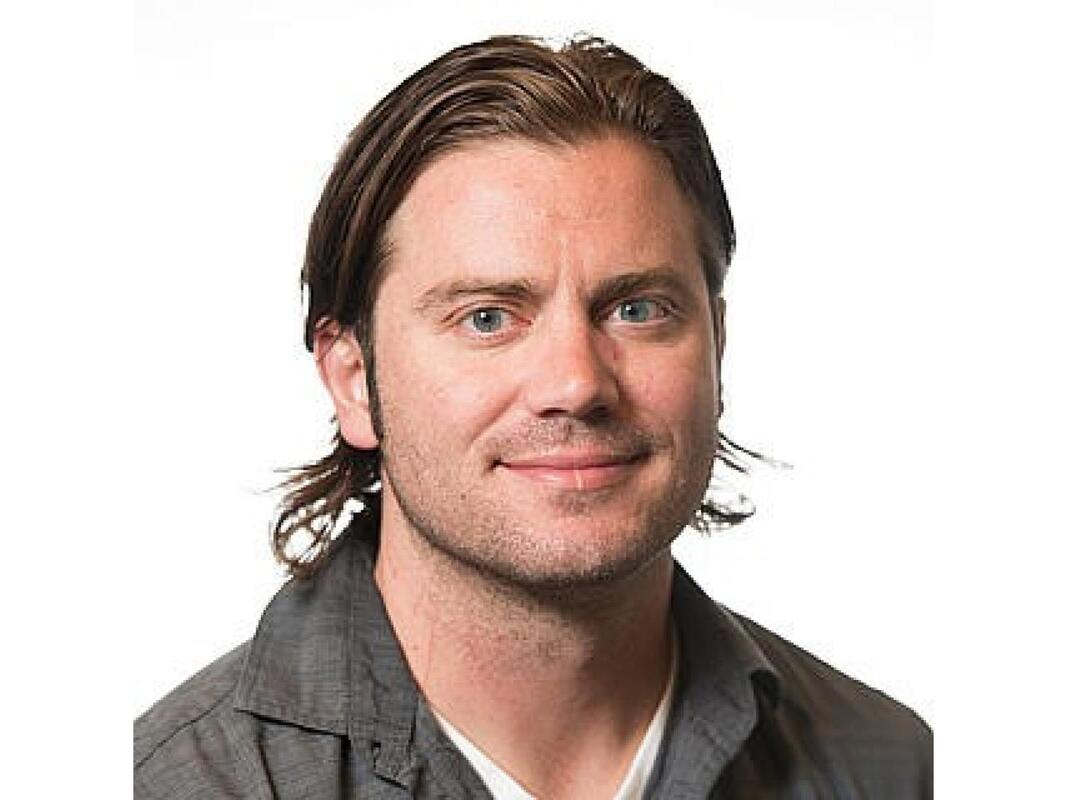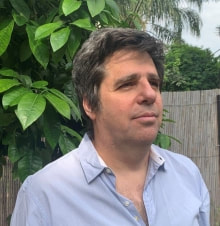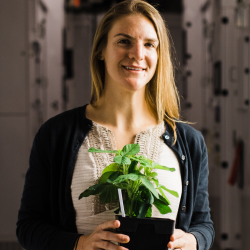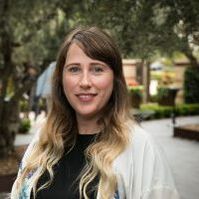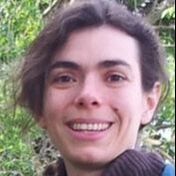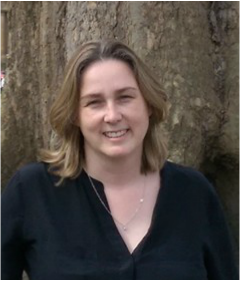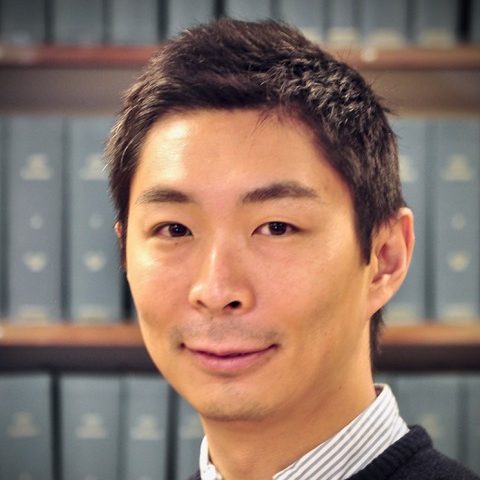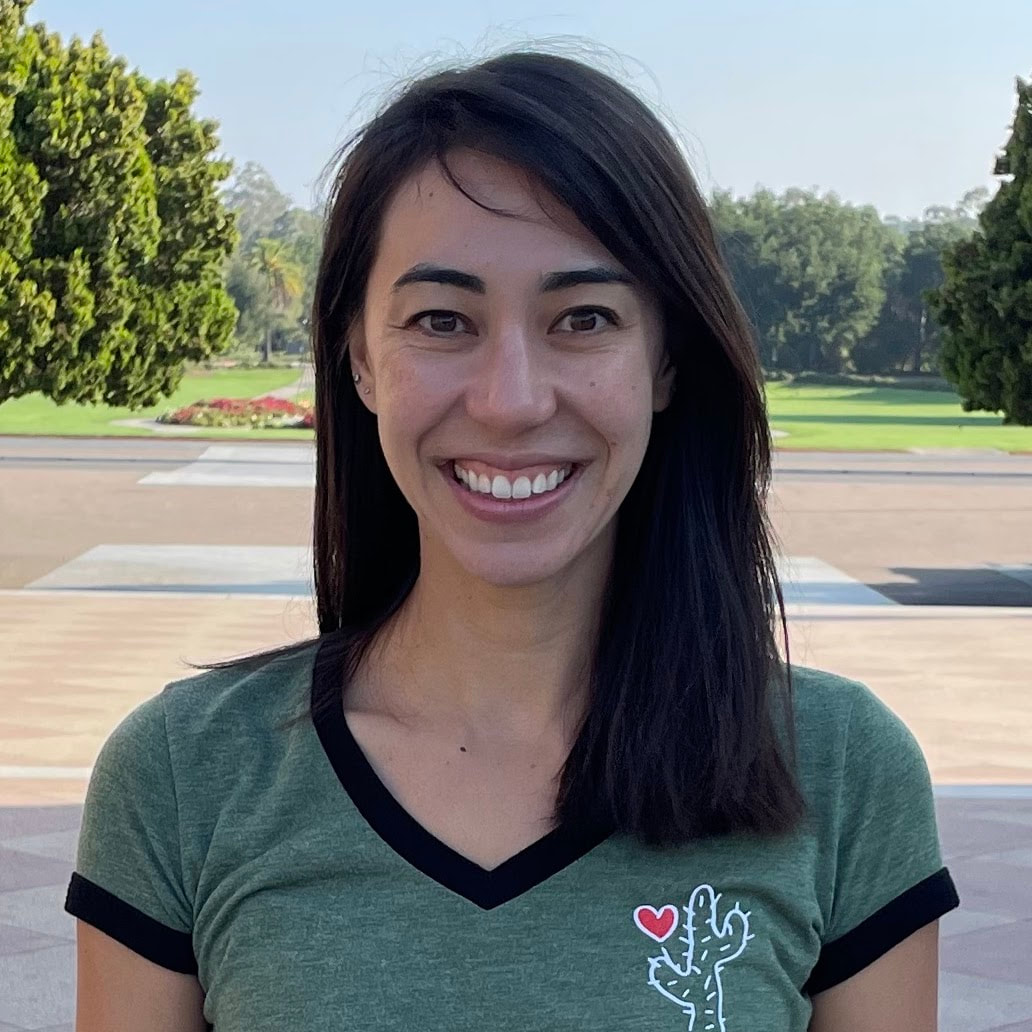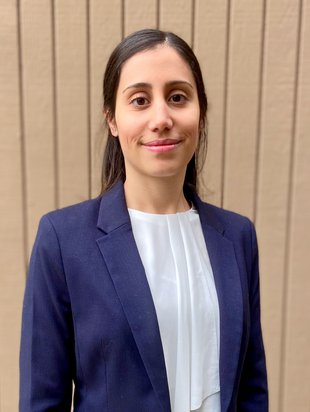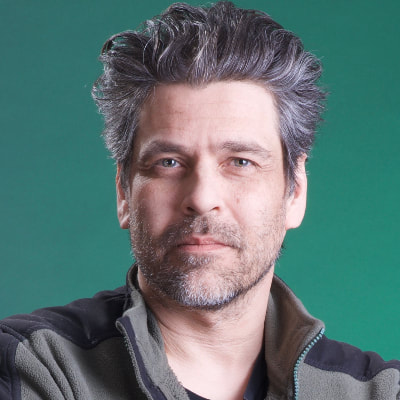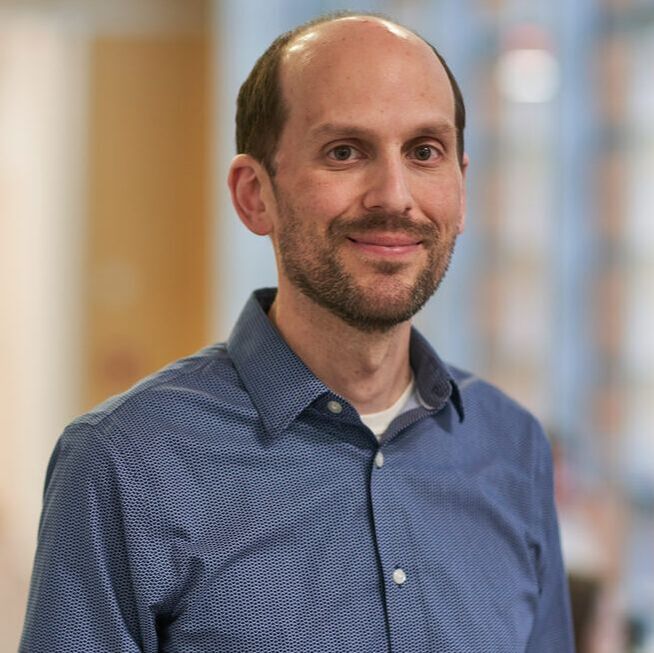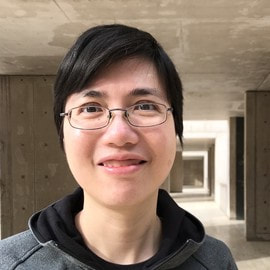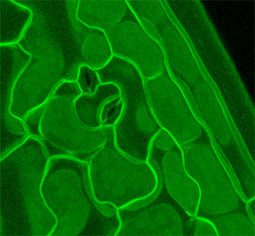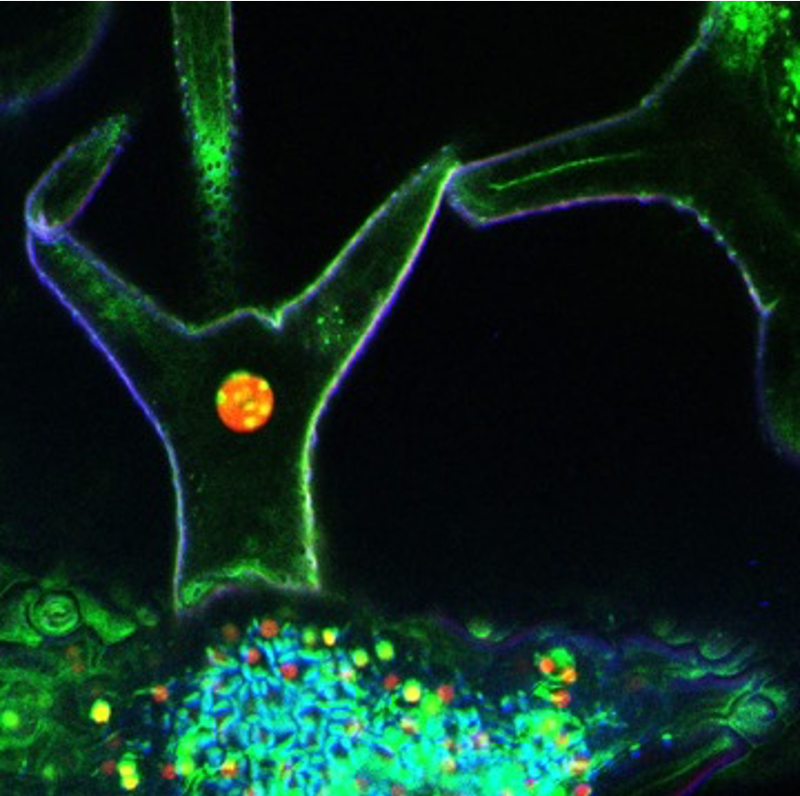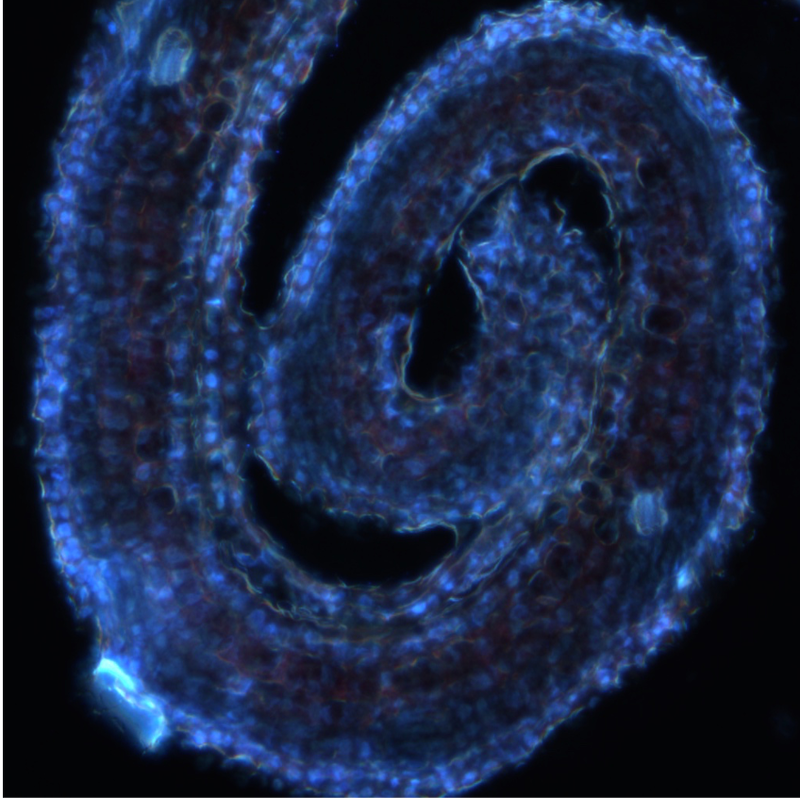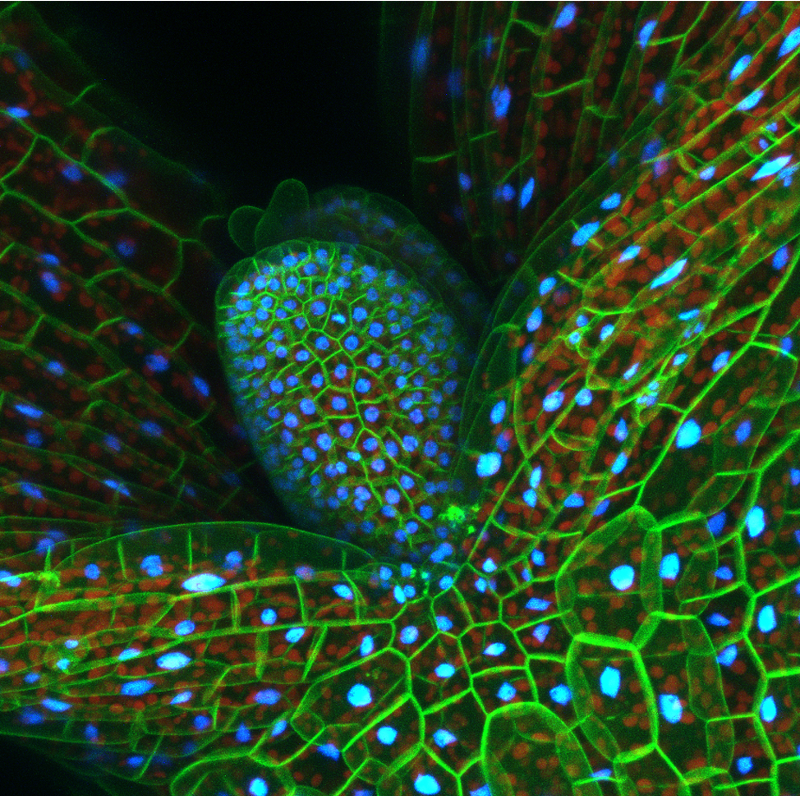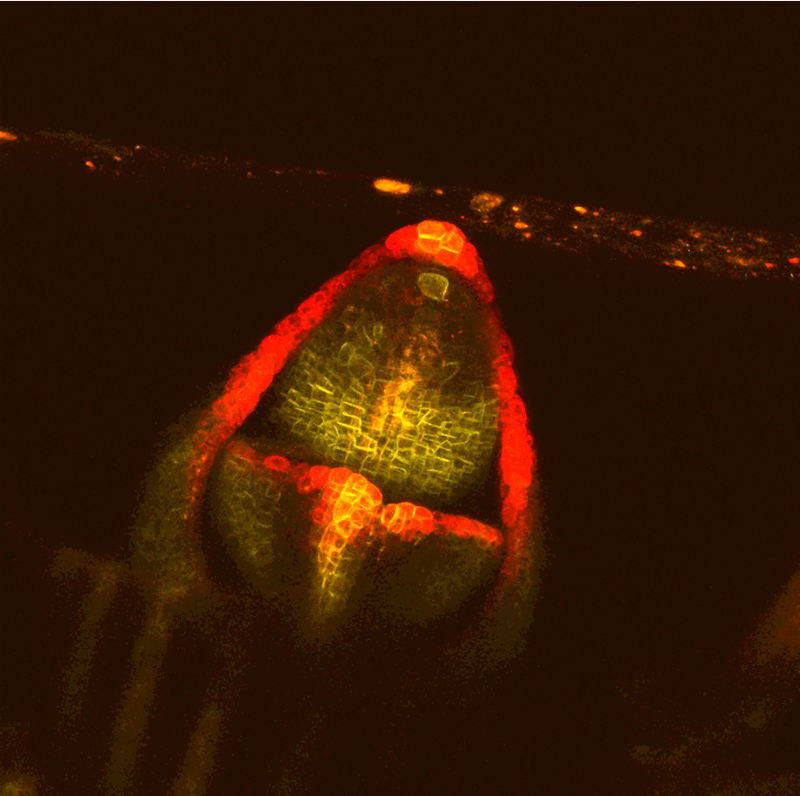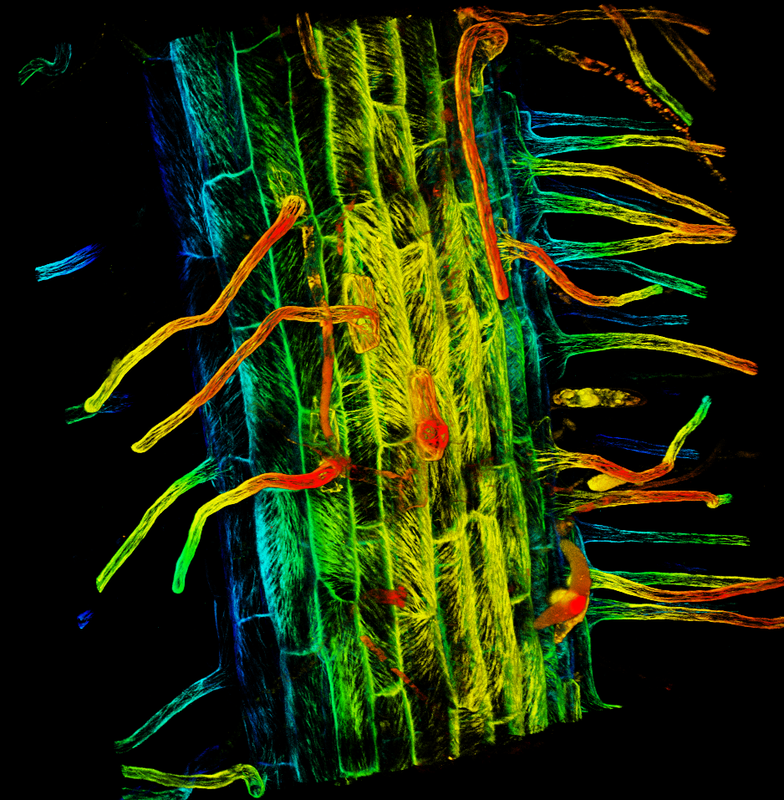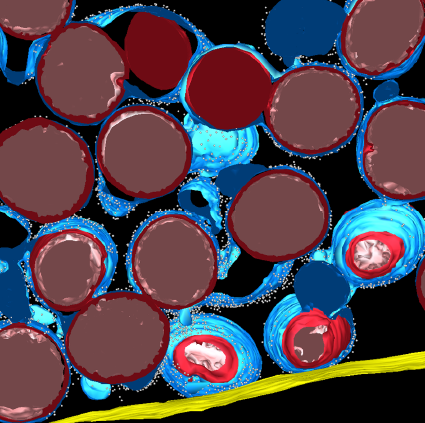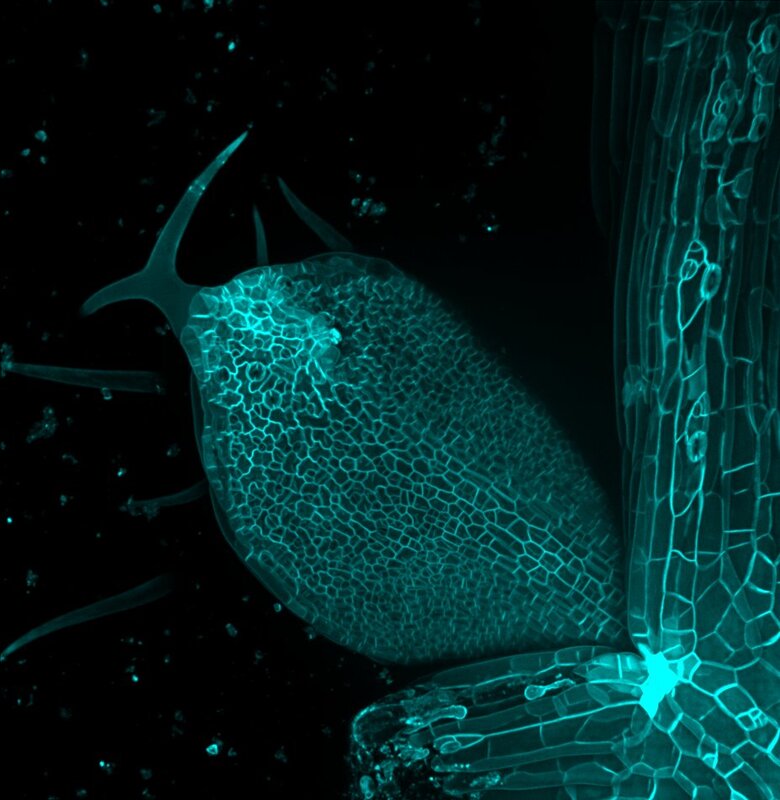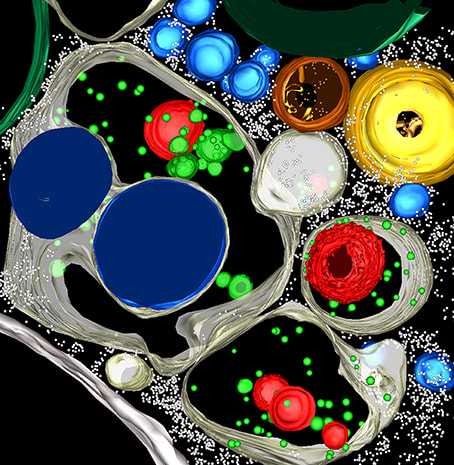Conference Description
The Single-Cell Approaches in Plant Biology Gordon Research Conference will provide a forum to discuss and share cutting-edge approaches that explore plant biology from the perspective of individual cells. The conference will bring together a diverse and vibrant community of researchers interested in mapping cellular and subcellular protein localization patterns, tracking dynamic interactions between proteins, identifying the molecular components of cellular substructures, discerning complete states and transitions of specialized cell types, and integrating these disparate data points in order to generate testable models of cellular function, new research avenues, and provide solutions to societal challenges.
Below on this page you can find:
Below on this page you can find:
Sessions & Speakers
Click on the session titles below to learn more about the speakers and discussion leads.
Vision for the Plant Cell Atlas
|
|
|
Characterizing plant developmental programs at the single-cell level
|
|
|
|
Power Hour
|
|
|
|
Multiscale and quantitative imaging for single cells
|
|
|
Spatially defining the proteome landscape in plant cells
|
|
|
Spatially resolved single cell metabolomics
|
|
|
Automating phenotyping at cellular, organ, and whole organism levels
|
|
|
Single cell comparative plant cell biology and evolution
|
|
|
Systems and synthetic biology approaches for enabling single cell biology
|
|
|
Modeling and data integration for knowledge synthesis from single cell datasets
|
|
|
|
Abstract Submission
Abstract Submission Deadline - Talks: applications are now closed
Abstract Submission Deadline - Posters: TBA
You will have the opportunity to submit an abstract when you apply to attend the conference. There is no fee to submit an abstract or to apply to attend the conference.
To submit an abstract, choose the option to present a poster when filling out the application. You will need to include:
Those whose abstracts have been selected for a talk will be notified by March 16, 2023.
Abstract Submission Deadline - Posters: TBA
You will have the opportunity to submit an abstract when you apply to attend the conference. There is no fee to submit an abstract or to apply to attend the conference.
To submit an abstract, choose the option to present a poster when filling out the application. You will need to include:
- Abstract Title
- Abstract Text
- Co-author(s)
Those whose abstracts have been selected for a talk will be notified by March 16, 2023.
Application / Registration Process
After you submit your application, it will need to be accepted by the GRC chairs before you can register for the meeting. If your application is accepted you will receive an email from GRC with a link to register for the meeting and to pay the registration fee. You MUST register using the link in order to attend the conference. If your application is not accepted, then you will not be able to register for the conference. GRCs can sell out, so it is advisable to submit your application as soon as possible, if you know that you can attend.
Application submission deadline (WITH POSTER): TBA
Application submission deadline (NO POSTER): July 2, 2023
You can find the list of registration fees on the right hand side of the event page under “Conference Links” and can learn more about the post application process on the GRC FAQ page.
Registration deadline for accepted applicants: July 9, 2023
Application submission deadline (WITH POSTER): TBA
Application submission deadline (NO POSTER): July 2, 2023
You can find the list of registration fees on the right hand side of the event page under “Conference Links” and can learn more about the post application process on the GRC FAQ page.
Registration deadline for accepted applicants: July 9, 2023
Child Care and Travel Awards
PCA Travel Award
We are offering a PCA Travel Award for one Black, Latine, or Indigenous scientists to attend the 2023 GRC on Single-Cell Approaches in Plant Biology. Learn more about the award and how to apply using the button below. The selected awardee must be willing and able to submit an abstract for a talk or poster at the GRC.
NOTE: the deadline to submit an abstract for a talk is February 14, 2023. The awardee will be notified before February 7, 2023 and will have one week to submit an abstract for a talk. The travel awardee is not guaranteed to be given a speaking slot. If the awardee does not wish to be considered for a talk, but only for a poster, then they may submit their abstract after February 14.
Eligibility Criteria:
We are offering a PCA Travel Award for one Black, Latine, or Indigenous scientists to attend the 2023 GRC on Single-Cell Approaches in Plant Biology. Learn more about the award and how to apply using the button below. The selected awardee must be willing and able to submit an abstract for a talk or poster at the GRC.
NOTE: the deadline to submit an abstract for a talk is February 14, 2023. The awardee will be notified before February 7, 2023 and will have one week to submit an abstract for a talk. The travel awardee is not guaranteed to be given a speaking slot. If the awardee does not wish to be considered for a talk, but only for a poster, then they may submit their abstract after February 14.
Eligibility Criteria:
- Black, Latine, or Indigenous scientist
- Location: any country
- Career stage: any
- Able to submit an abstract to the 2023 GRC on Single-Cell Approaches in Plant Biology.
The Carl Storm Underrepresented Minority Fellowship
Conferees applying for support may apply directly through their myGRC account. Applicants must first apply to the GRC they wish to attend before applying for a Fellowship.
Eligibility Criteria:
Conferees applying for support may apply directly through their myGRC account. Applicants must first apply to the GRC they wish to attend before applying for a Fellowship.
Eligibility Criteria:
- Graduate student, post doc, faculty or research scientist.
- Hispanic or Latino, American Indian or Alaska Native, Black or African American, Native Hawaiian or Other Pacific Islander (definitions for each of these groups may be found online).
- U.S. Citizen or permanent resident with a “Green Card”.
- Currently working at a U.S. institution.
- Attending a GRC for the first time.
Carl Storm International Diversity (CSID) Fellowship
Nominations are submitted to GRC by the chair and are chosen from submitted applications.
Eligibility Criteria:
Only one CSID Fellowship may be awarded per Conference. Previous recipients are not eligible.
Nominations are submitted to GRC by the chair and are chosen from submitted applications.
Eligibility Criteria:
- Nominees must be graduate students or post docs who are citizens of and currently reside/work in one of the eligible countries, which include:
- China, Russia, Ukraine, India; plus, any countries in Africa, Central America, or South America
- An eligible conferee may hold citizenship from one country and reside/work in a different country; however, both countries must be eligible countries, as noted.
Only one CSID Fellowship may be awarded per Conference. Previous recipients are not eligible.
Predominantly Undergraduate Institution (PUI) Fund
Nominations are submitted to GRC by the chair and are chosen from submitted applications.
Eligibility Criteria:
There is a limit of two (2) nominees per Conference. Previous recipients are not eligible.
Nominations are submitted to GRC by the chair and are chosen from submitted applications.
Eligibility Criteria:
- Nominees must be research-active scientists from a PUI. Predominantly Undergraduate Institutions, as defined by NSF, are U.S. two-year, four-year, masters-level, and small doctoral colleges and universities that:
- (1) Grant baccalaureate degrees in NSF-supported fields, or provide programs of instruction for students pursuing such degrees with institutional transfers (e.g., two-year schools)
- (2) Have undergraduate enrollment exceeding graduate enrollment
- (3) Award an average of no more than 10 Ph.D. or D.Sc. degrees per year in all NSF-supportable disciplines.
- (1) Grant baccalaureate degrees in NSF-supported fields, or provide programs of instruction for students pursuing such degrees with institutional transfers (e.g., two-year schools)
There is a limit of two (2) nominees per Conference. Previous recipients are not eligible.
What is GRC?
Gordon Research Conference (GRC) is a nonprofit organization whose mission is to help build communities that advance cutting-edge science. Gordon research conferences are intimate meetings (200 attendees max) organized around a specific topic where researchers can meet and discuss their current, published research. Learn more about GRC using the links below.
About GRC
GRC Policies
FAQs
About GRC
GRC Policies
FAQs

